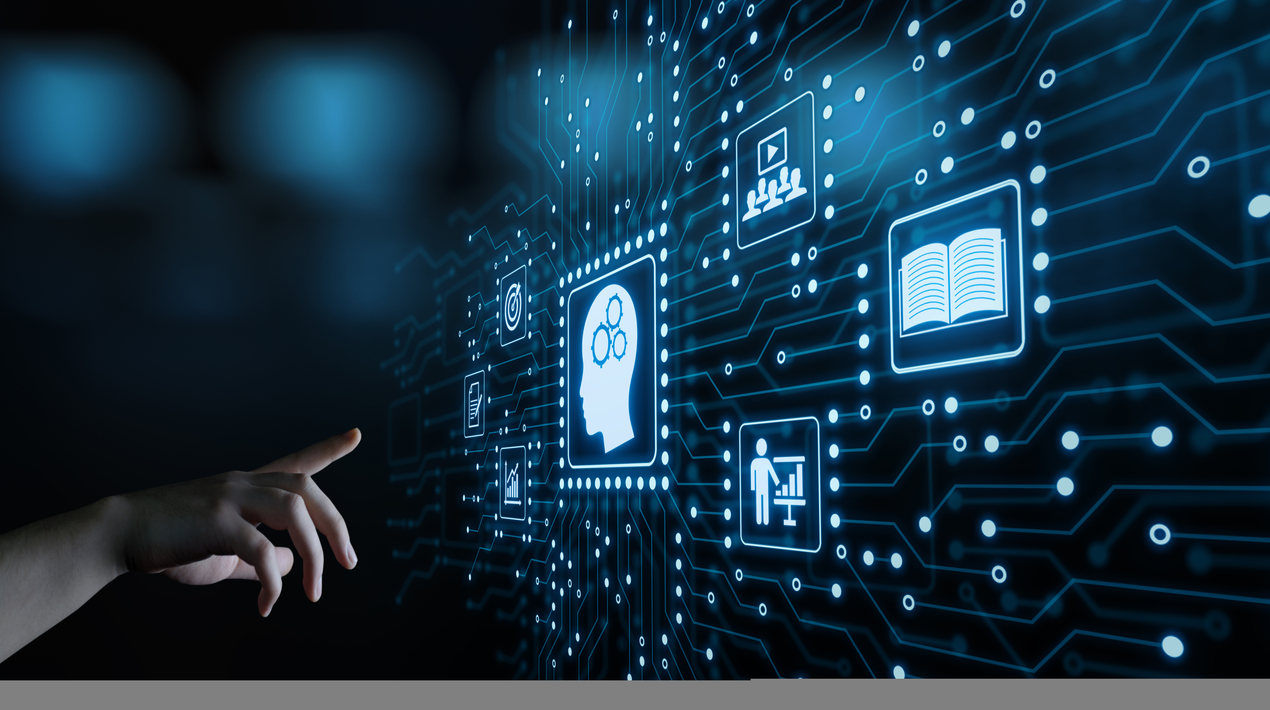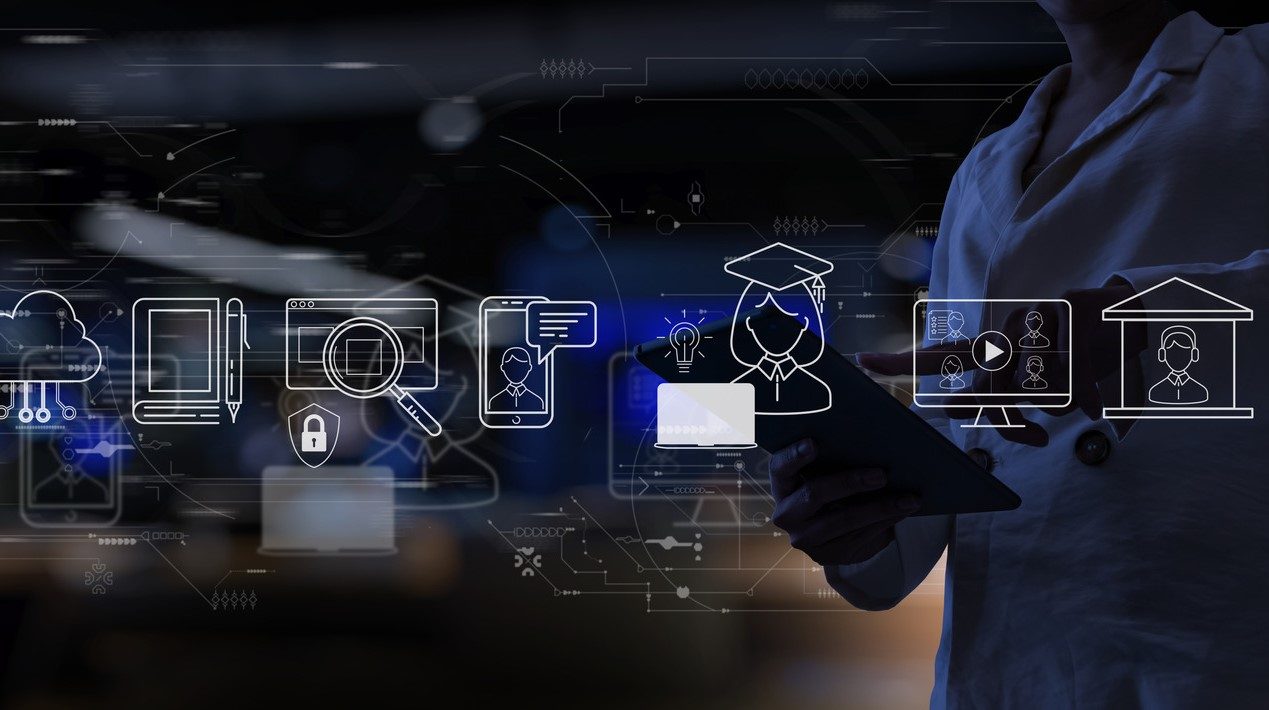
Valenzuela City, Philippines’ local government signed a memorandum of agreement with an international business machines and technology corporation to ensure a career-ready future for students in the city.
The city government committed to provide funds and materials to support students through the tech company’s Pathways in Technology Early College High Schools (P-TECH) programme. It also targets to bring partners in local industries on board, ensuring employment for its younger population.
The city mayor said the partnership would strengthen the city government’s existing programmes on education, particularly on emerging technology learning. He said that the P-TECH programme is strongly aligned with their Education 360 Degrees Investment Programme, which aims to deliver holistic quality and inclusive education to citizens.
The tech company will provide technical assistance to the city government’s P-TECH Model involving Skills Mapping, Work-Based Learning, Mentoring, and Internships. It will also launch a free online learning platform, called Open P-TECH, for students and teachers.
The city government is looking forward to how this programme will help ignite the youth’s interest in STEM (science, technology, engineering, and mathematics) and improve their local education system’s capacities to produce the much-needed, job-ready talents required by industries, added the mayor.
The programme will cover students from Grades 11 to 14 and help the graduating students get an advanced level national certification from the Technical Vocational Education and Training (TVET) for free. It also targets to support students with an associate degree in college across in-demand jobs, such as Advanced Manufacturing, Packaging, Electronics, Automotive, or HVAC (heating, ventilation, and air conditioning) industries.
According to the tech company, working within the industry while learning helps students gain early exposure and credentials to be competitive in STEM and new-collar careers, which are some of the fastest-growing fields in technology requiring more than a high school diploma but not necessarily a university degree.
To date, the P-TECH model can be found in more than 266 schools in 28 countries. More than 600 businesses in technology, health care, advanced manufacturing, and other industries across the world are participating as P-TECH industry partners.
The city government added that the P-TECH programme would complement the objective of Valenzuela’s Senior High School-to-College-to-Industry Programme to increase the pool of skilled talents in STEM.
As reported by OpenGov Asia, The Philippines’ Department of Education (DepEd) announced that the agency is currently harnessing different technology-based projects as part of education’s new normal that is caused by the COVID-19 pandemic.
Speaking during the first Asia Pacific Public Sector Digital Summit, the agency’s undersecretary underscored the government’s initiatives to ensure learning continuity amid the pandemic, including DepEd TV, DepEd Commons, and DepEd Radio. If there are no face-to-face classes, then the education department must devise all means to reach out to learners and to bring basic education to them, said the agency.
The DepEd intends to master distance learning, making all the necessary improvements and perfecting its processes for the DepEd Commons, DepEd TV, DepEd Radio, the DepEd Learning Management System, the DepEd Mobile App, and others, the agency added.
The education department’s undersecretary also hinted at a future DepEd project, which aims to update and pattern DepEd TV after streaming services to allow learners to study their learning materials at their own pace. Those who need more time and repetition can easily review and go back to all the lessons, while those who learn at a faster pace can access new lessons and other lessons outside of their grade levels, he said.
Meanwhile, in terms of re-imagining education in the new normal, the DepEd shared that they are advocates for the continuation of online and broadcast learning platforms post-pandemic since classroom shortage remains an issue in the country. With that kind of interface, the country’s education curriculum can adapt to the needs of the entire nation and even the world. Then, basic education becomes relevant and liberating for it serves what the nation needs and what the world needs.




















